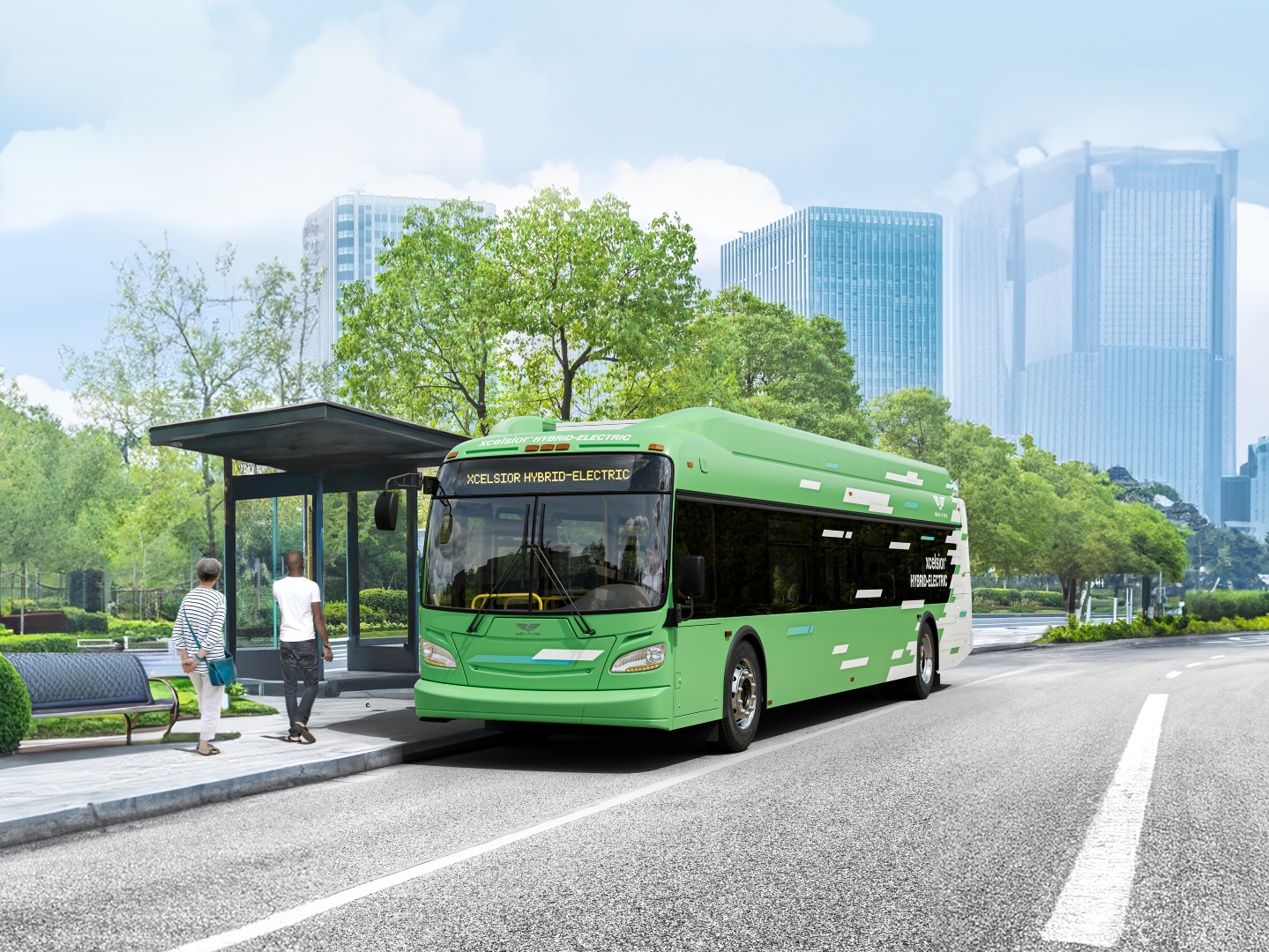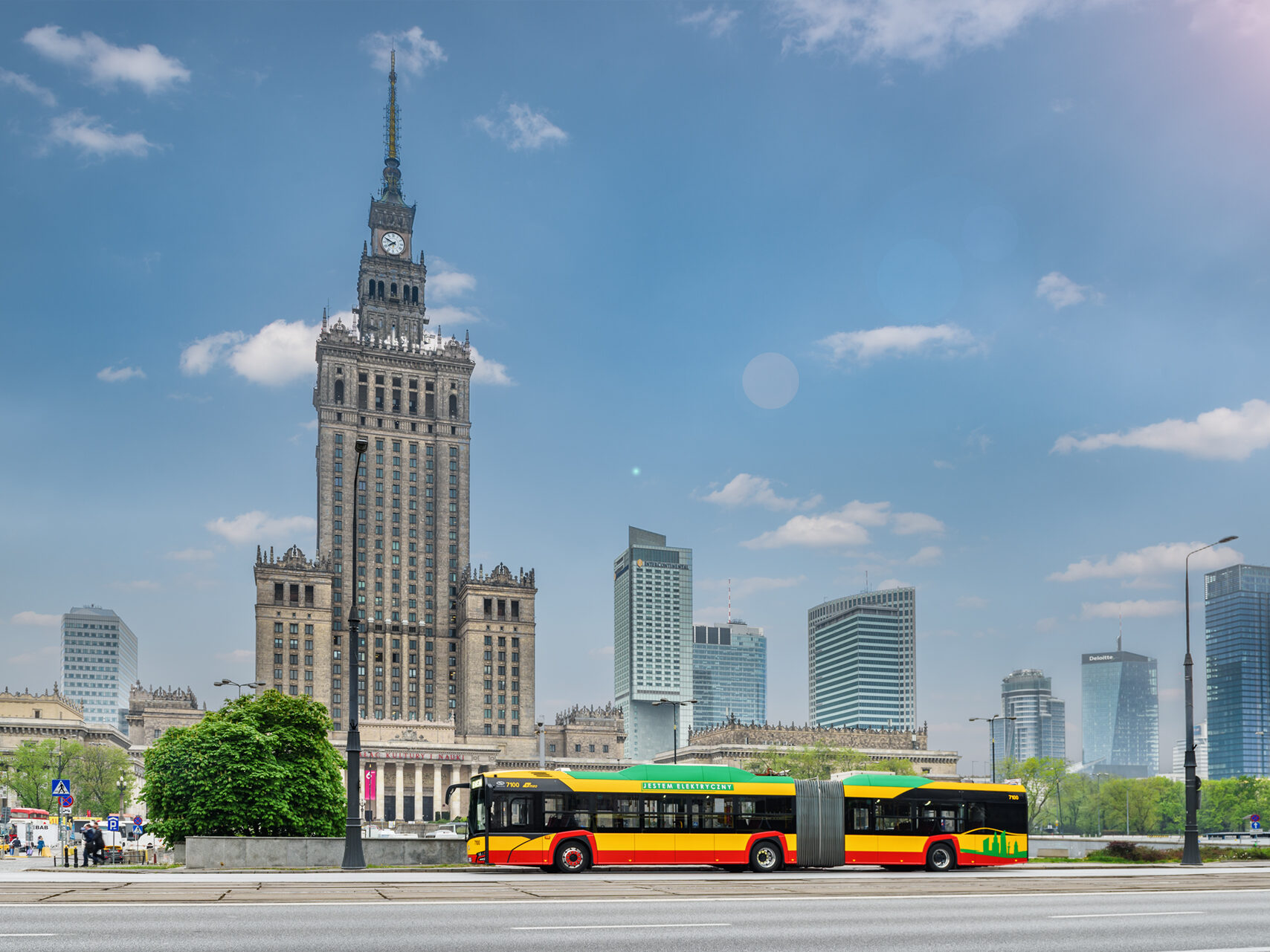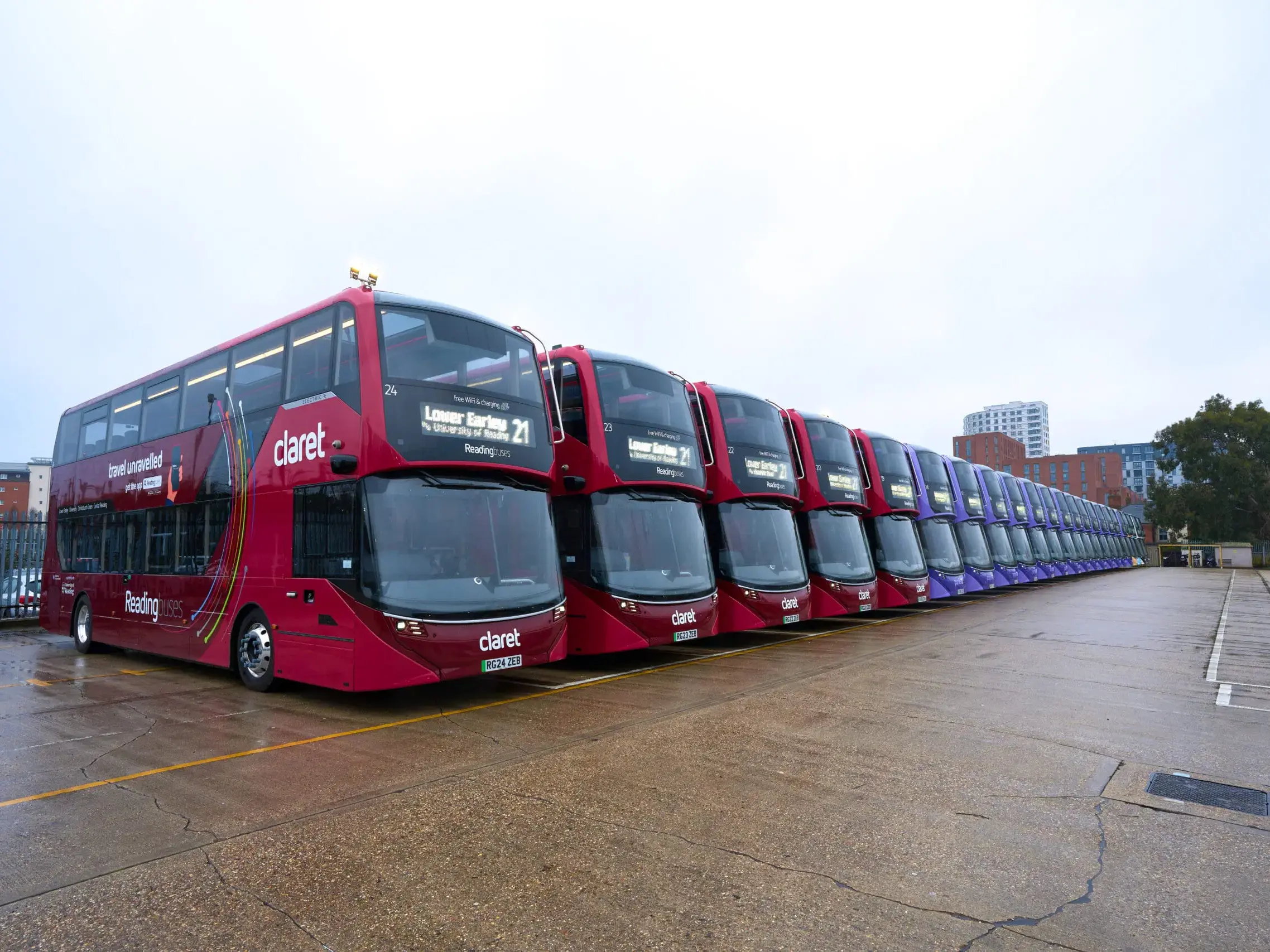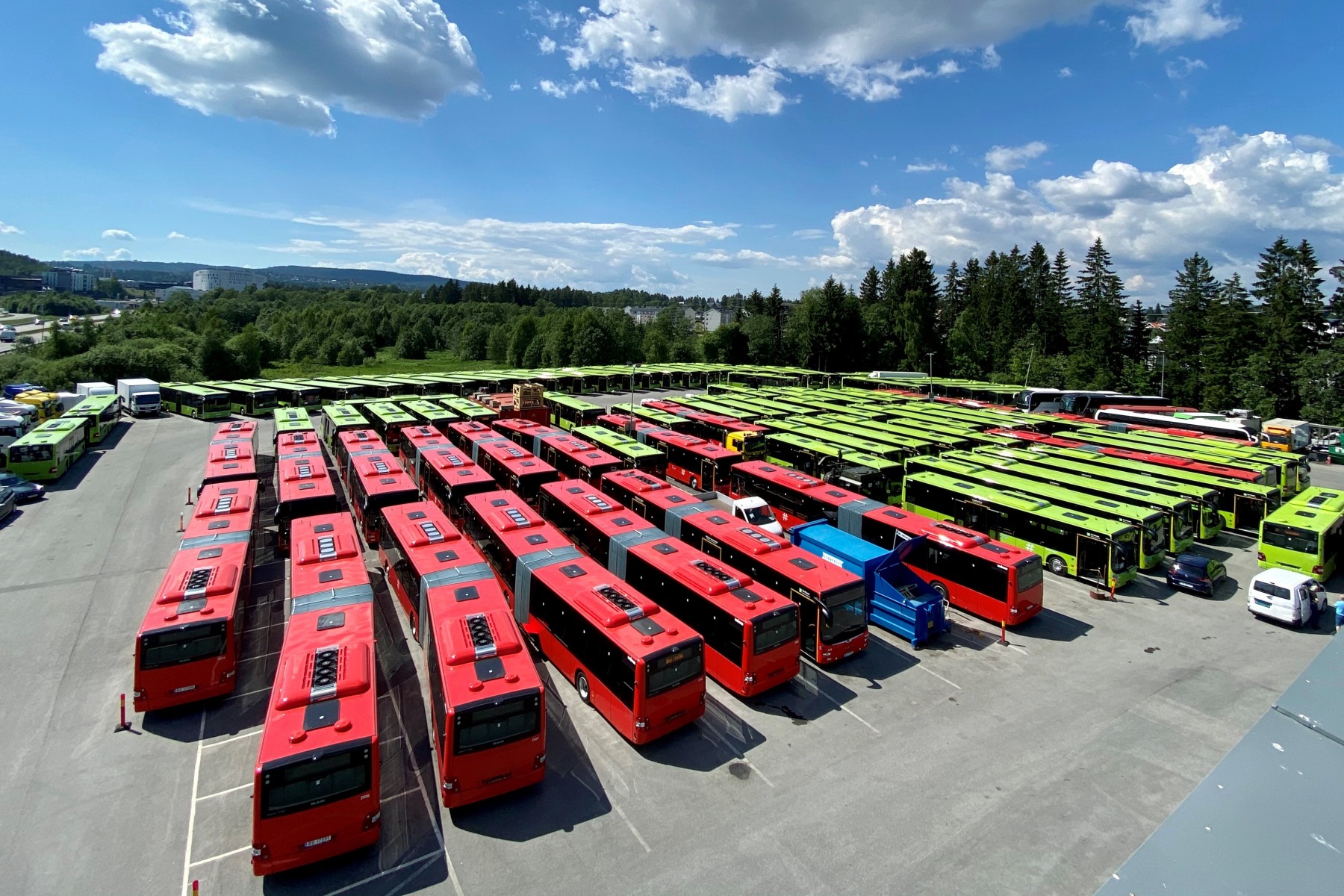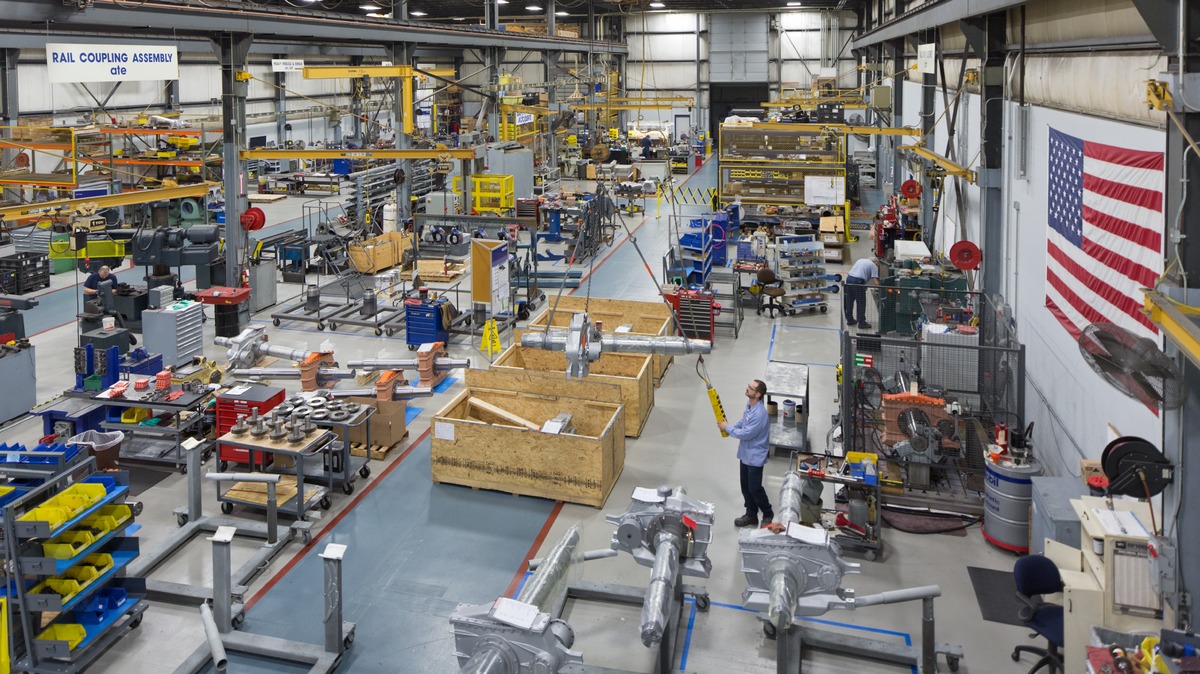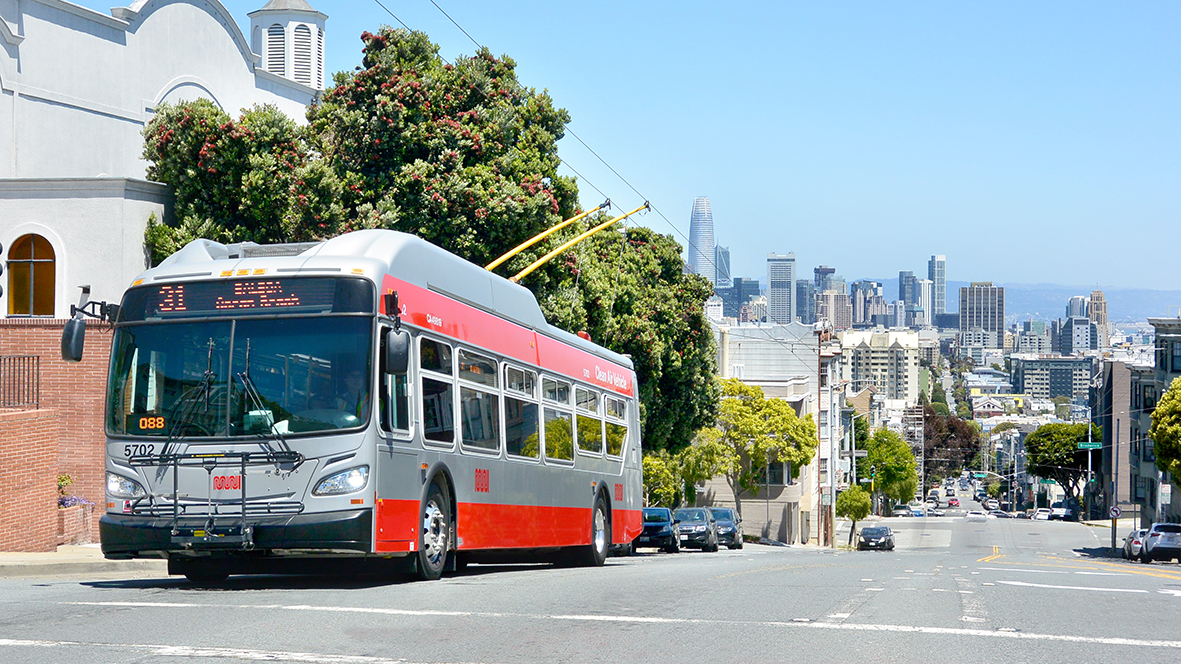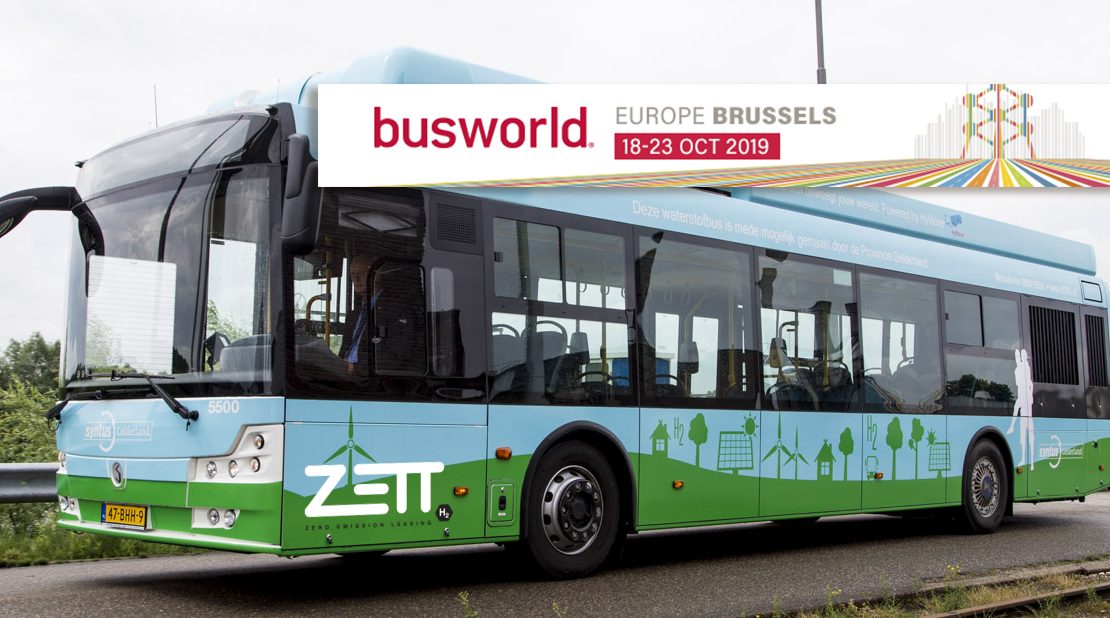Mallorca Decarbonizes Its Public Transport
The Balearic island is changing its public transport model by promoting compressed natural gas (CNG) for regular interurban public passenger transport. Compressed natural gas is a real alternative for sustainable mobility, since it reduces CO2 emissions and eliminates the emission of particles and sulphur oxides.
The commitment of the Balearic Government to the use of compressed natural gas as a substitute fuel for diesel in the interurban transport lines of Mallorca, will allow the Balearic Islands to be a national benchmark in sustainable mobility and respect for the environment.
Advantages of Compressed Natural Gas
Compressed gas is a real alternative for sustainable mobility, with low CO2 emissions and that does not emit particles or sulphur oxides. Its implementation contributes to improving air quality in cities and reduce their noise level.
CNG vehicles allow driving in high pollution scenarios, thanks to the fact that they have the ECO card of the General Directorate of Traffic (DGT), which is a great advantage of access to large cities when faced to possible traffic restrictions. CNG vehicles are suitable for all types of mobility: urban, interurban or long-distance driving.
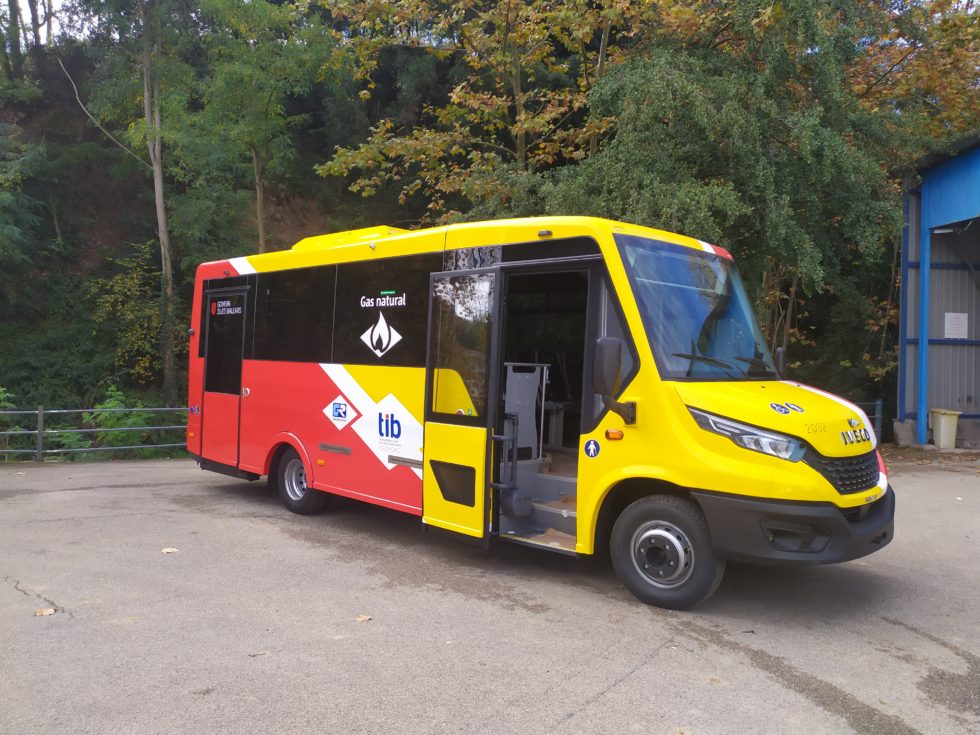
In addition, these vehicles are also competitive in cost since, apart from benefiting from discounts or rebates on the road tax, NGV represents savings of 30% in cost per kilometre compared to diesel and 50% compared to gasoline, both for light and heavy vehicles.
New Fleet
The island is practically renovating its entire fleet. There will be 223 new vehicles, out of which 216 will run on alternative fuels to diesel: 198 with compressed gas and 18 with electric propulsion.
Indcar has been the bodybuilder chosen by Grupo Ruíz (one of the 3 companies that were awarded the interurban transport on the island) for the manufacture of the 9 gas-powered minibuses that will run in Mallorca. The public tender has been called by the CTM (Mallorca Transport Consortium) for Transport of the Balearic Islands, the transport authority in the community.
There are 9 units of the Mobi City CNG minibus, powered 100% by gas and built on an Iveco Daily 70c14 CNG chassis. The innovation of these minibuses comes from Indcar’s patented cylinders that allow a capacity of up to 510 liters compared to the 246 liters offered by the standard Iveco solution: twice the autonomy with the same passenger capacity.
The minibuses, which will to be delivered starting with the first week of November, are class II, with a capacity for 31 passengers, 22 seats and space for PRM.
These urban minibuses also incorporate the latest advances in security control. Latest generation technologies, such as an accident prevention system equipped with smart cameras and vision sensors that alert the driver and prevent collisions with other vehicles or pedestrians; They also have an alcoholock system, which allows the bus to be started only when it has been verified that the blood alcohol level is 0.0. They are also equipped with an internal user information screen, USB plugs, free WiFi, a system for transporting 2 bicycles inside the minibus, an electric ramp to facilitate the access of wheelchairs and prams and a safety anti- vandal resistant screen to protect the driver.
Indcar’s CNG urban minibuses will thus join the new totally ecological fleet that will travel the routes of the Balearic Island. In a last visit, the heads of Grupo Ruíz and the commercial director of Cocentro, an authorized Iveco dealer, gave the approval to the first units that leave the Indcar factory in Arbúcies, Girona.
This article was originally published by Indcar.











